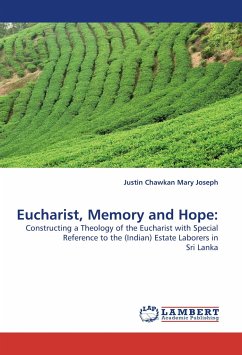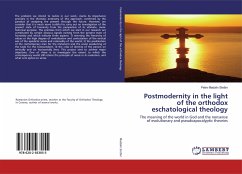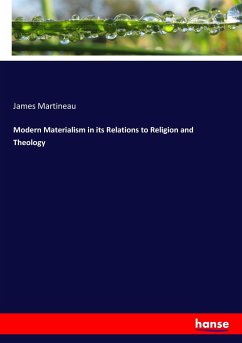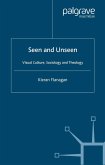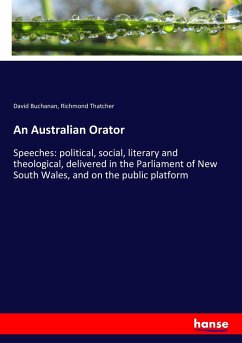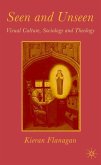Challenged by the stark realities of poverty, suffering and exploitation of the Indian estate labourers in Sri Lanka, this book attempts to construct a theology of the Eucharist with particular consideration of the place that memory and hope have as relevant to their dire situation, particularly memory and hope being interconnected specific characteristics of human beings. It goes on to investigate how memory and hope enable the tracing of the roots of human and Christian identities and action. Furthermore, the book takes us to consider the role of the Eucharist as being oriented towards an improvement of the human condition in the future. This would hardly be possible, however, without duly appreciating the relevance of past experience, be it painful or joyful, to the present as well as to moving forward in hope. A sense of historical realities with their reference to the past and an eschatological perspective with regard to the future are not two contrasting categories that aremutually exclusive. Rather, they have a greater validity if they are seen as mutually related. To this end, the Eucharist is studied as being at the intersection between Christian memory and hope.

